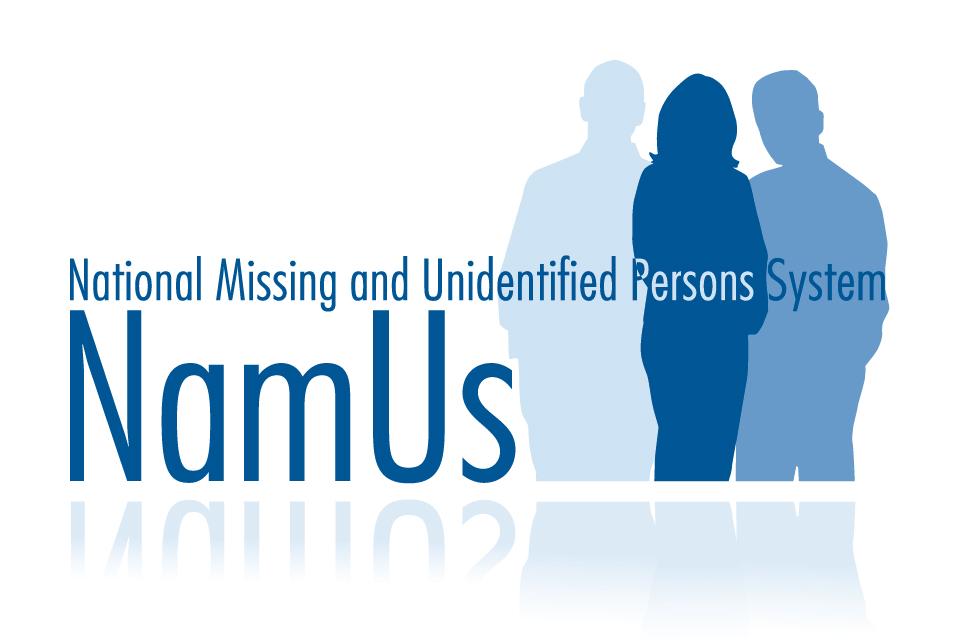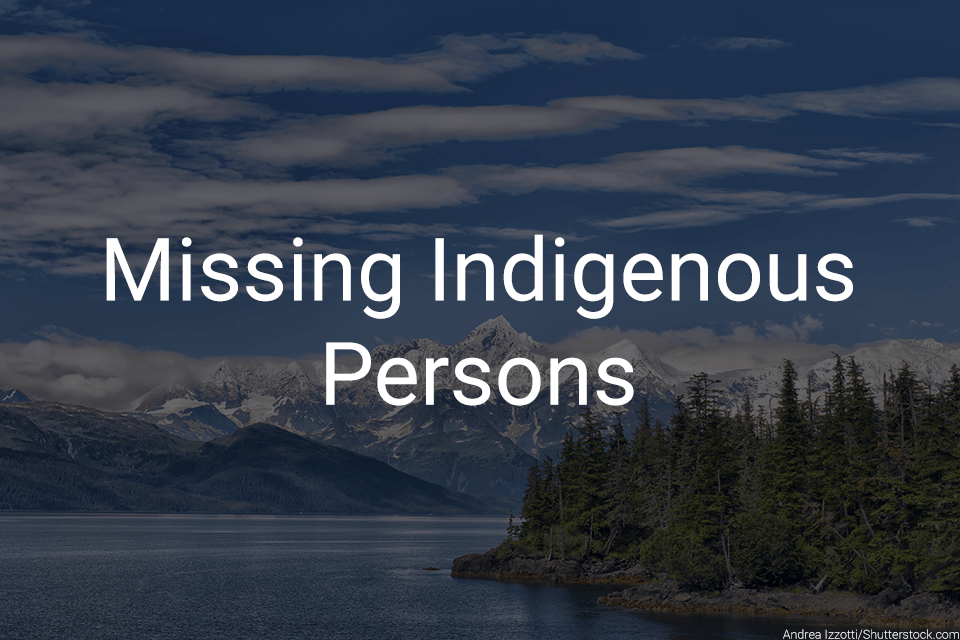Welcome to DIAMD! Changes to the way you access your NamUs Account
Registered NamUs users will now use a new platform to login to NamUs. DIAMD (Digital Identity and Access Management) is the Office of Justice Program’s (OJP’s) universal identity provider. DIAMD brings enhanced security features to the NamUs platform. To learn more about DIAMD, click the link HERE!
The NamUs database contains visual images and text-based material to help facilitate identifications in missing and unidentified persons cases. Some NamUs content may be graphic or offensive and may not be appropriate for all viewers.
Some NamUs users have requested clarification on the Cold Case Advisory Team and the Lifecycle of a Case. For more information on how NamUs supports you, click on the links above or check out our What is NamUs page.
NamUs Annual Report for Fiscal Year 2023
We have published the second NamUs Annual Report, which provides a summary of milestones and developments from October 1, 2022, to September 30, 2023.
What Is NamUs?
See the YouTube Terms of Service and Google Privacy Policy
The National Missing and Unidentified Persons System (NamUs) is a national centralized repository and resource center for missing, unidentified, and unclaimed person cases across the United States.
NamUs helps investigators match long-term missing persons with unidentified remains to resolve cases and bring resolution to families.
At any given time, up to 100,000 persons may be reported missing in the United States with as many as 600,000 reported annually.[1] While many of these individuals are found alive and well, some become long-term missing persons. At the same time, federal, state and local medicolegal death investigators are constantly working to provide names to thousands of deceased persons nationwide. Over 11,000 sets of unidentified human remains were held in medical examiner and coroner offices throughout the U.S. according to the 2018 Census of Medical Examiners and Coroners.[2]
NamUs was created to assist with identifying these decedents by allowing investigators to match to long-term missing person cases and by offering professionals free forensic services.
Who Uses NamUs

Law Enforcement
NamUs connects law enforcement with tools and resources to resolve long-term missing person cases, including state-of-the-art technology to securely store, share, and compare case information with other criminal justice professionals.

Medical Examiners & Coroners
NamUs provides technology and resources to resolve unidentified decedent cases across the country. The NamUs Analytical Division also assists with the location of family members for next of kin death notifications and DNA sample collections for comparison.

Families of Missing Persons
NamUs provides tools that empower family members of missing persons to enter and search case information, and connects families with criminal justice professionals to assist in the search for their missing loved ones.
NamUs Services
NamUs Database
The NamUs database application fills the nation’s need for a unified, online, free, secure database for unidentified remains and missing persons records.
Forensic Services
NamUs provides free forensic services, to include forensic odontology, fingerprint examination, forensic anthropology, and DNA analyses. Family DNA collection kits are also provided at no cost.
Investigative Support
NamUs' seasoned staff consult on cases and support criminal justice efforts to drive resolution – all free of charge.
Training & Outreach
NamUs subject matter experts provide free training and perform direct outreach to families of the missing by coordinating Missing Person Day events with agencies across the country.
Missing Indigenous Persons
NamUs is working to close data gaps related to missing indigenous persons, and to ensure that every tribal law enforcement agency knows about and can use the NamUs program to help resolve cases. NamUs provides a tool for sharing and comparing case information across jurisdictional boundaries.
The Success of NamUs
Review the disclaimer on the limitations on the use of NamUs data for research purposes.
Missing
Persons
Unidentified
Persons
Unclaimed
Persons



